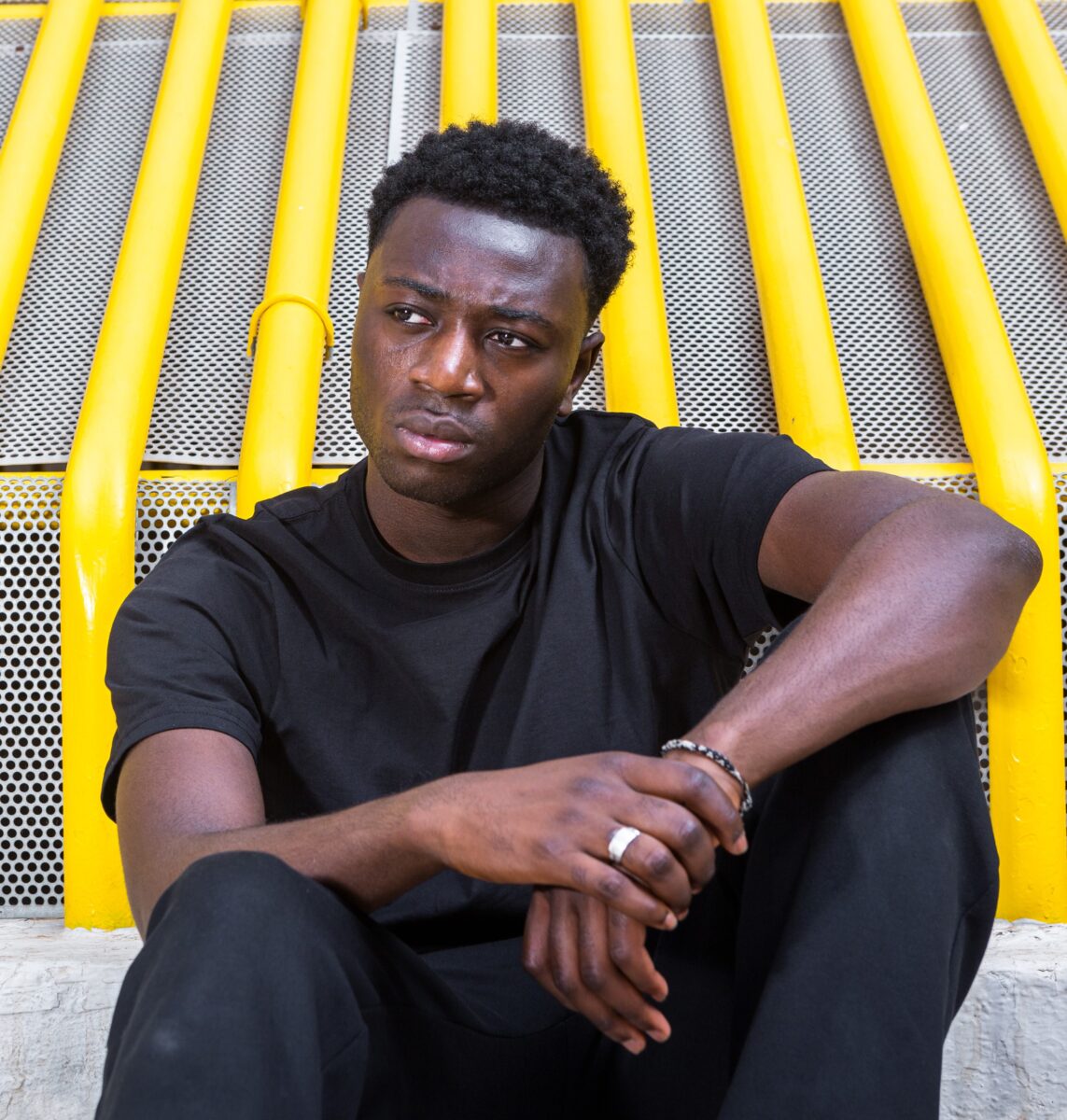
“Joshua’s” path into the juvenile legal system was a heartbreaking one. At a very young age, he was forced into the primary caregiver role for his mom (who had substance use issues) and younger siblings. His dedication to the safety and well-being of his family was fierce and shaped by early tragedies. When he was 6, his baby brother accidentally died while Joshua was babysitting. When he was 10, he and his sister were caught in the crossfire of a shooting in which she was harmed, though thankfully not killed. In both cases, Joshua blamed himself for not being able to protect them.
This furthered his powerful need to provide for his family. Despite being a child himself, he shouldered an enormous responsibility for them. He had to get his younger sisters off to school each day. He had to come up with money to do the grocery shopping and pay the family’s electric bills. When his mom would pass out, he had to clean her up and get her to bed. All the while, no one cared for Joshua’s needs or saw to it that he had a chance to grow up healthy.
The pressure to care for his family was all that he could think about. During his 8th grade year, he stopped going to school. He fell in with an older group of boys who taught him how to steal the money his family needed. This led to his arrest in 2016 for a string of armed robberies. He received a mandatory minimum sentence of eight years.
In juvenile prison, the state denied Joshua mental health care to address his untreated trauma. It failed to protect him from COVID. It frequently moved him between facilities and placed him in solitary confinement for weeks—sometimes months—on end. Despite all of this, Joshua managed to earn his high school degree and every certification available to him. His mom also cleaned up and worked to repair their relationship, acknowledging the harm she had done. She became his chief advocate, calling our office almost daily for updates on her son.
Working together with his mother, Joshua’s LCCR team assembled a solid case for his early release. We detailed his childhood trauma in a mitigation report. We noted his accomplishments: maxing out all available rehabilitative programming. We lined up prison staff to testify on his behalf. We also outlined his goals for the future.
In May, the judge granted Joshua’s release a year early—a rarity for a mandatory minimum sentence. In June, he walked out of prison a free person. LCCR worked with his family on establishing a reentry plan, lining up housing and mental health care for him upon release.
Joshua has since secured a job working offshore—hard work but for good pay. He’s also back to doing what he sought to do all along: help care for and support his family. At his heart, Joshua was always a very caring boy.
There are no throwaway kids. Rather, like Joshua, the kids in the legal system have been repeatedly failed by the structures that were supposed to help them grow. And like Joshua, they’re all capable of rehabilitation and rejoining their community.